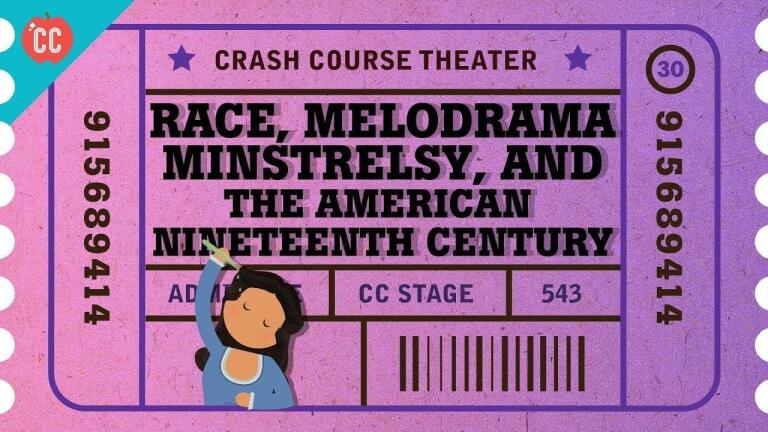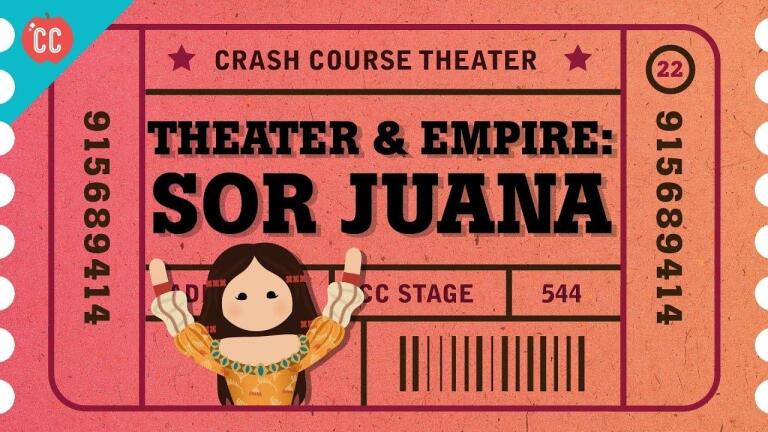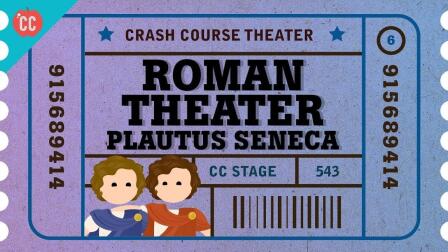Back to Show
Crash Course Theater
Greek Comedy, Satyrs, and Aristophanes
Season 1
Episode 4
This week, we're diving head first into Greek Comedy. But don't get TOO ready for hilarity. Taste in humor has changed a little over the last couple of thousand years. You already know about Greek Tragedies, with their hamartia and catharsis and whatnot. Today we're going to look at how Greek comedy evolved out of those tragedies, first as Satyr plays, and later as full-blown comedies.
Support Provided By

12:06
19th century playwrights remade the French theater – first with Realism, then Naturalism.

13:04
19th century racism contributed to a unique and troubling performance culture in America.

12:07
How did American theater develop after the Revolutionary War?

11:34
In the 18th century, audiences were ready for some really, really dramatic theater.

11:09
After Germany was unified, we got Sturm, Drang, Weimar Classicism and Goethe.

11:37
English Sentimental Comedies weren't that funny, but they were definitely sentimental.

10:51
Let's discuss wizard theater and the rise of classical Chinese theater and Beijing Opera.

10:13
Learn about the all-night dance shows in India that culminate in killing a Demon.

11:51
Under the Shoguns, we get Kabuki and Bunraku. And Samurais get in trouble for watching it.

11:06
American theater existed before Europeans arrived, and the Spanish greatly influenced it.

11:11
Meet Renaissance France's theater greatest playwright: Molière.

12:40
The French Neoclassical revival involved a lot of rules – and some rule-breaking.











